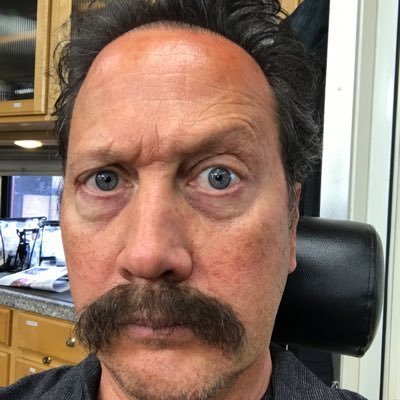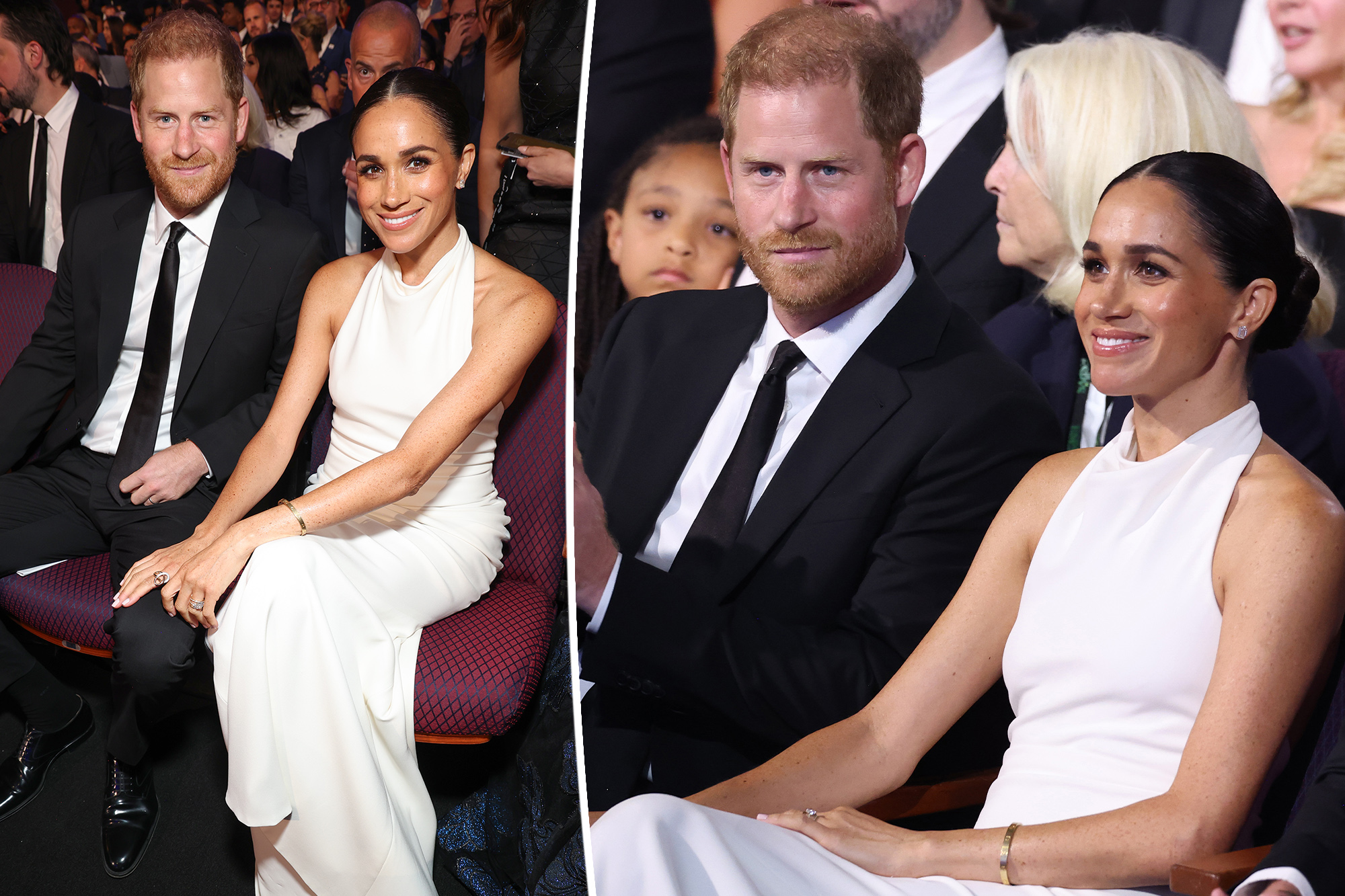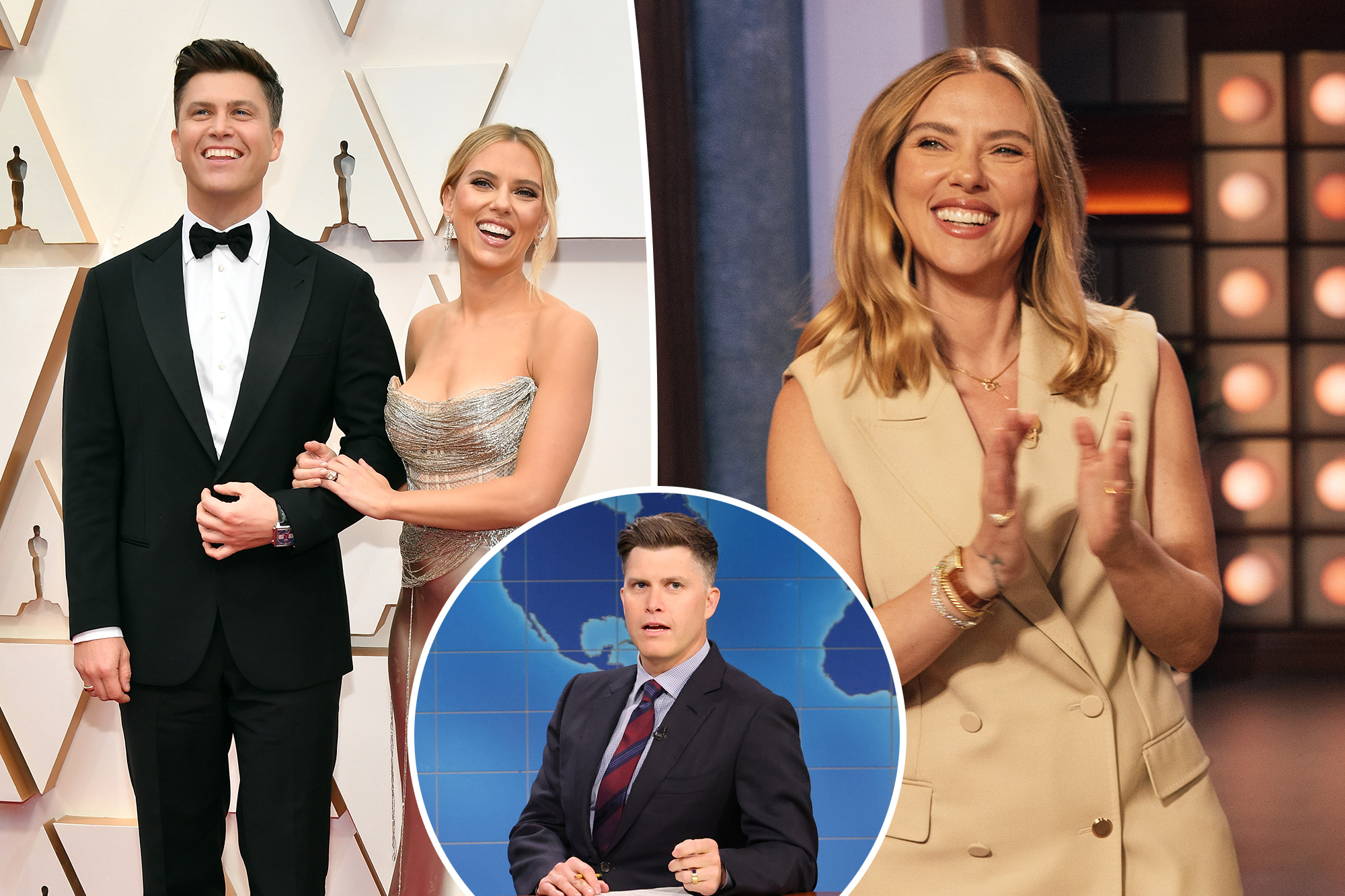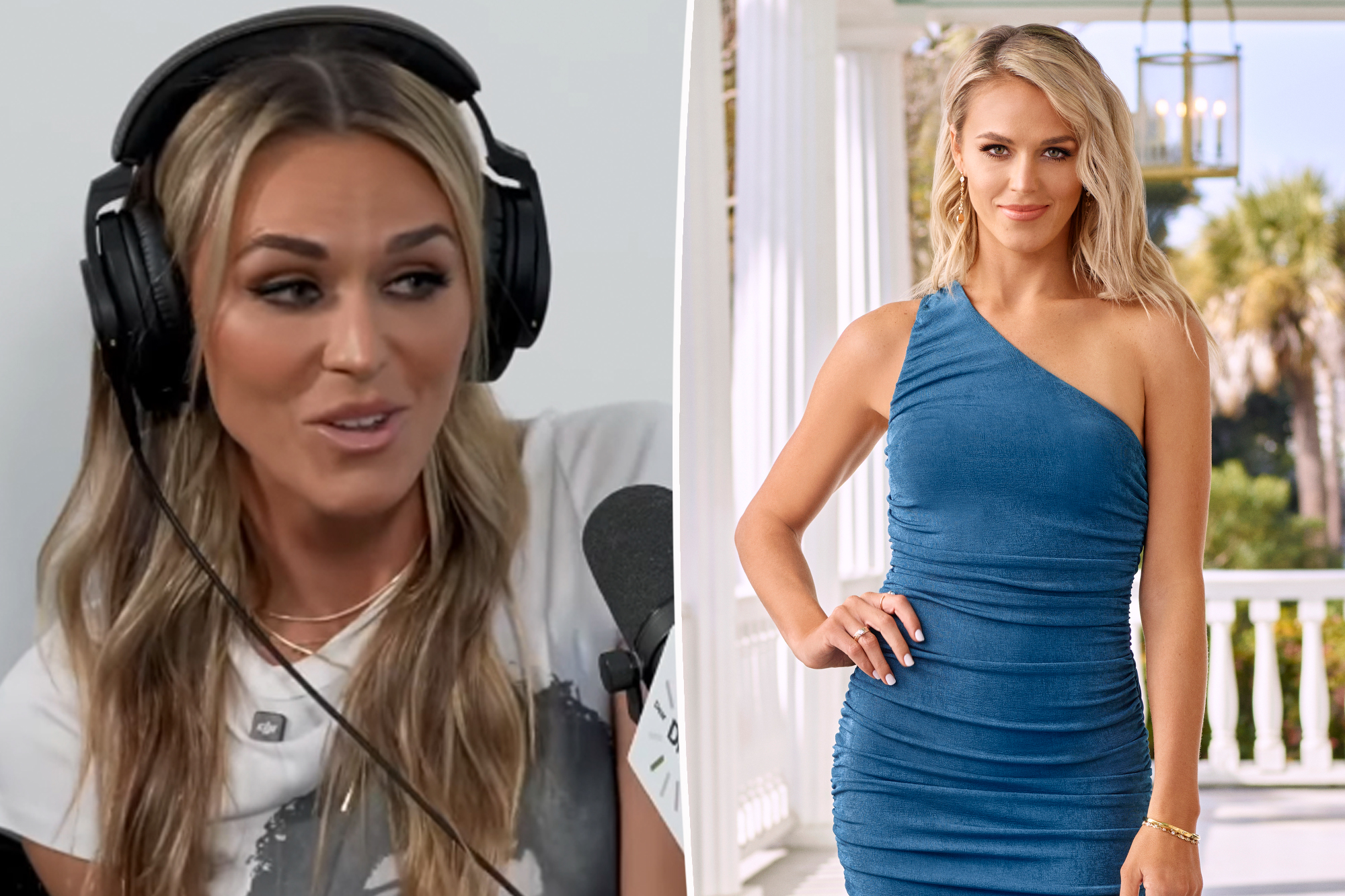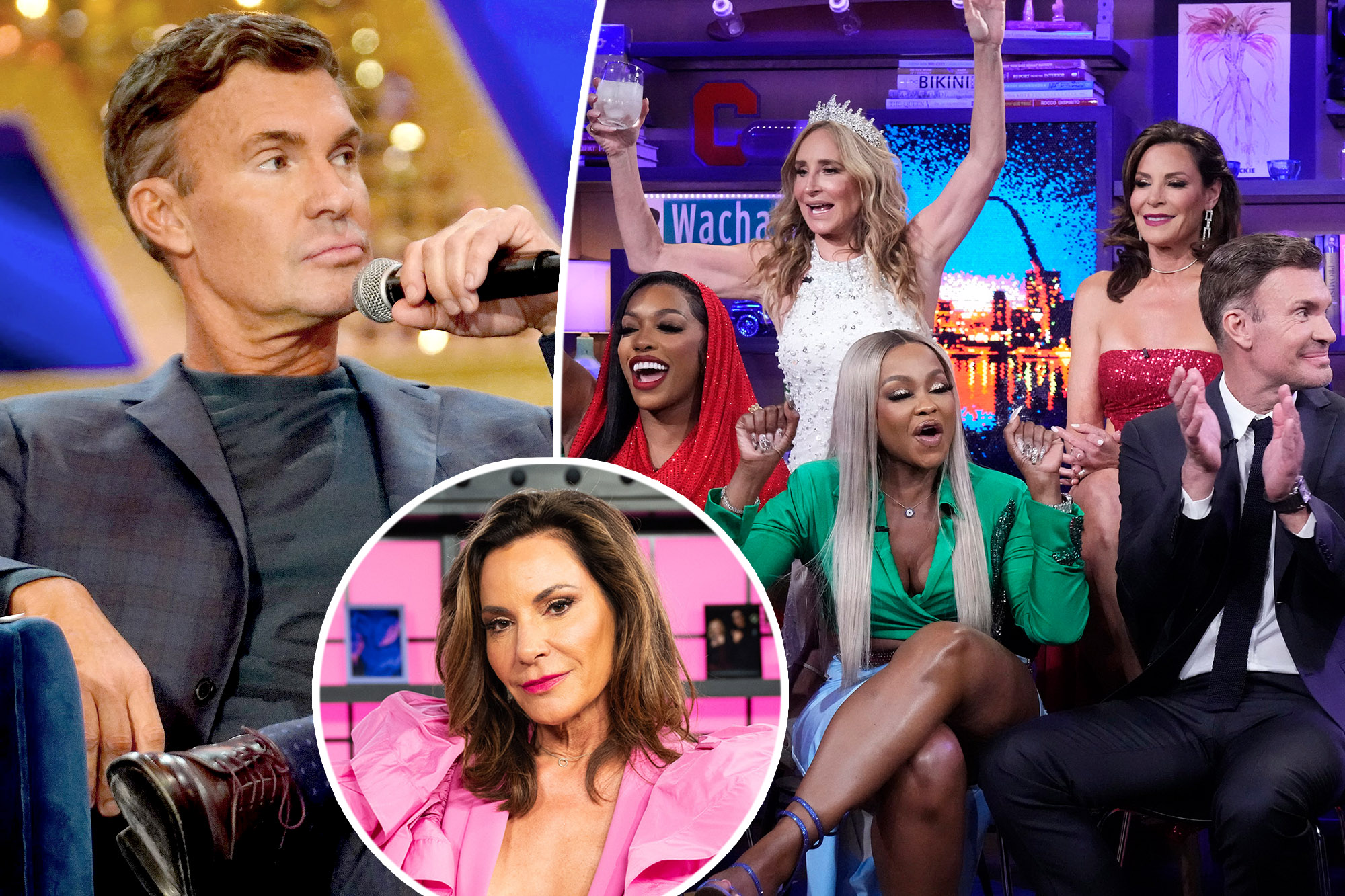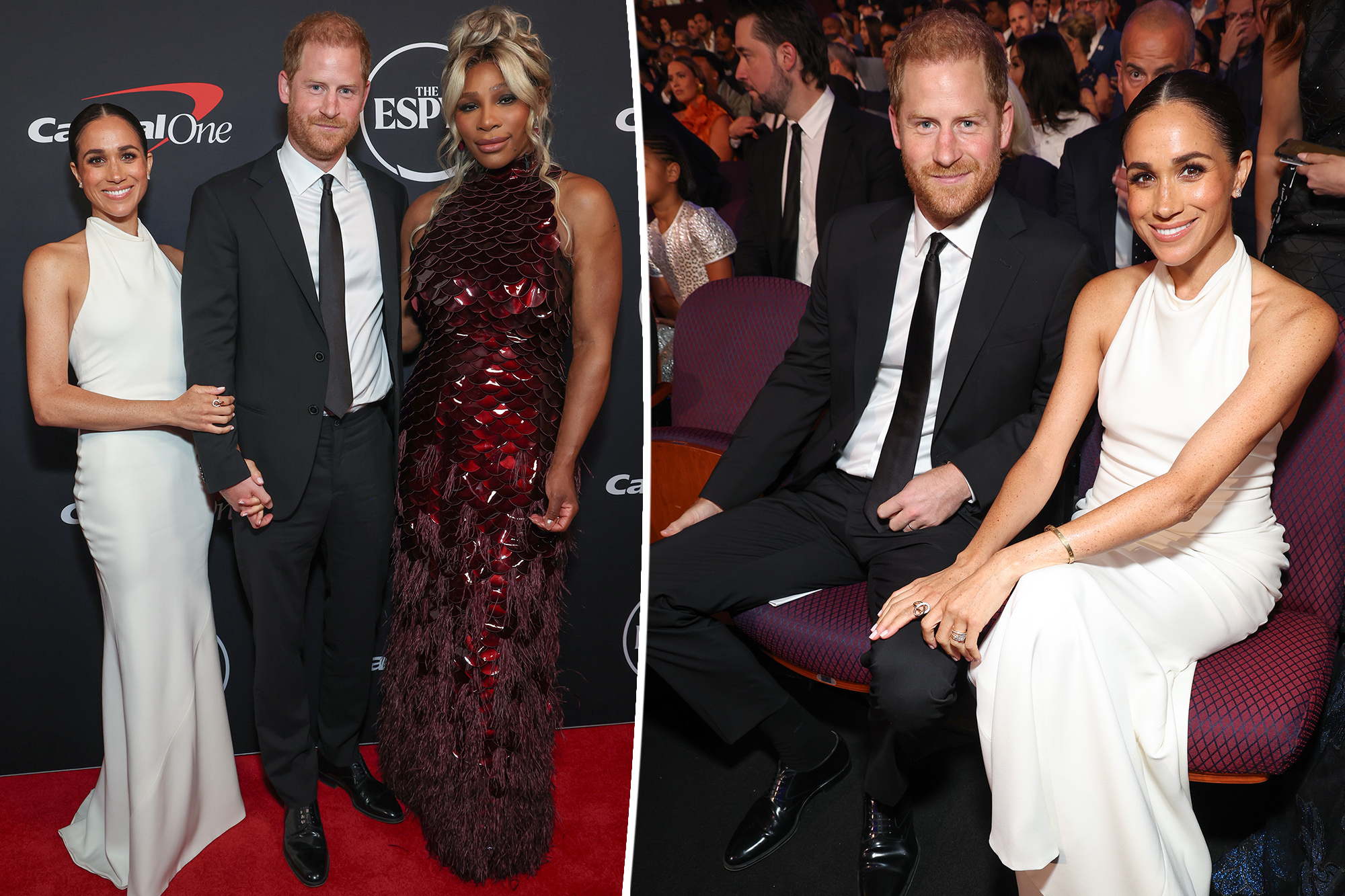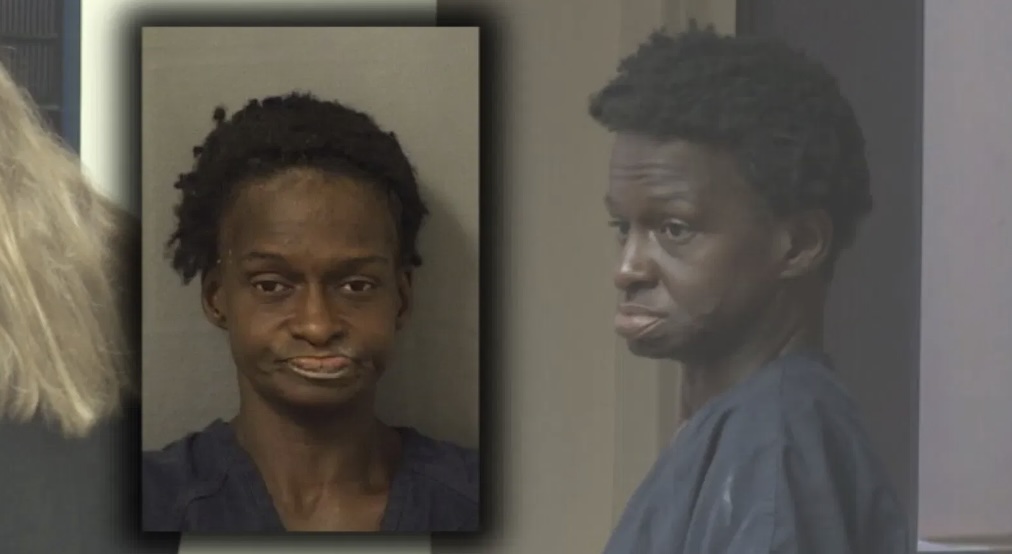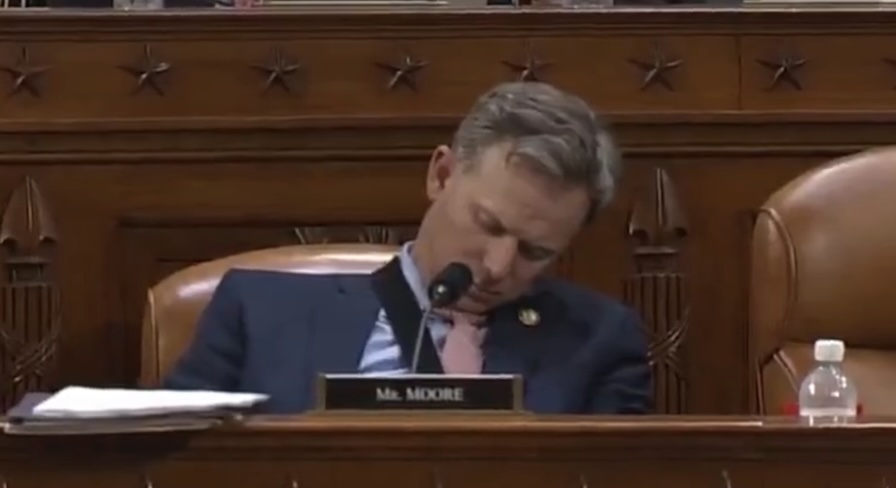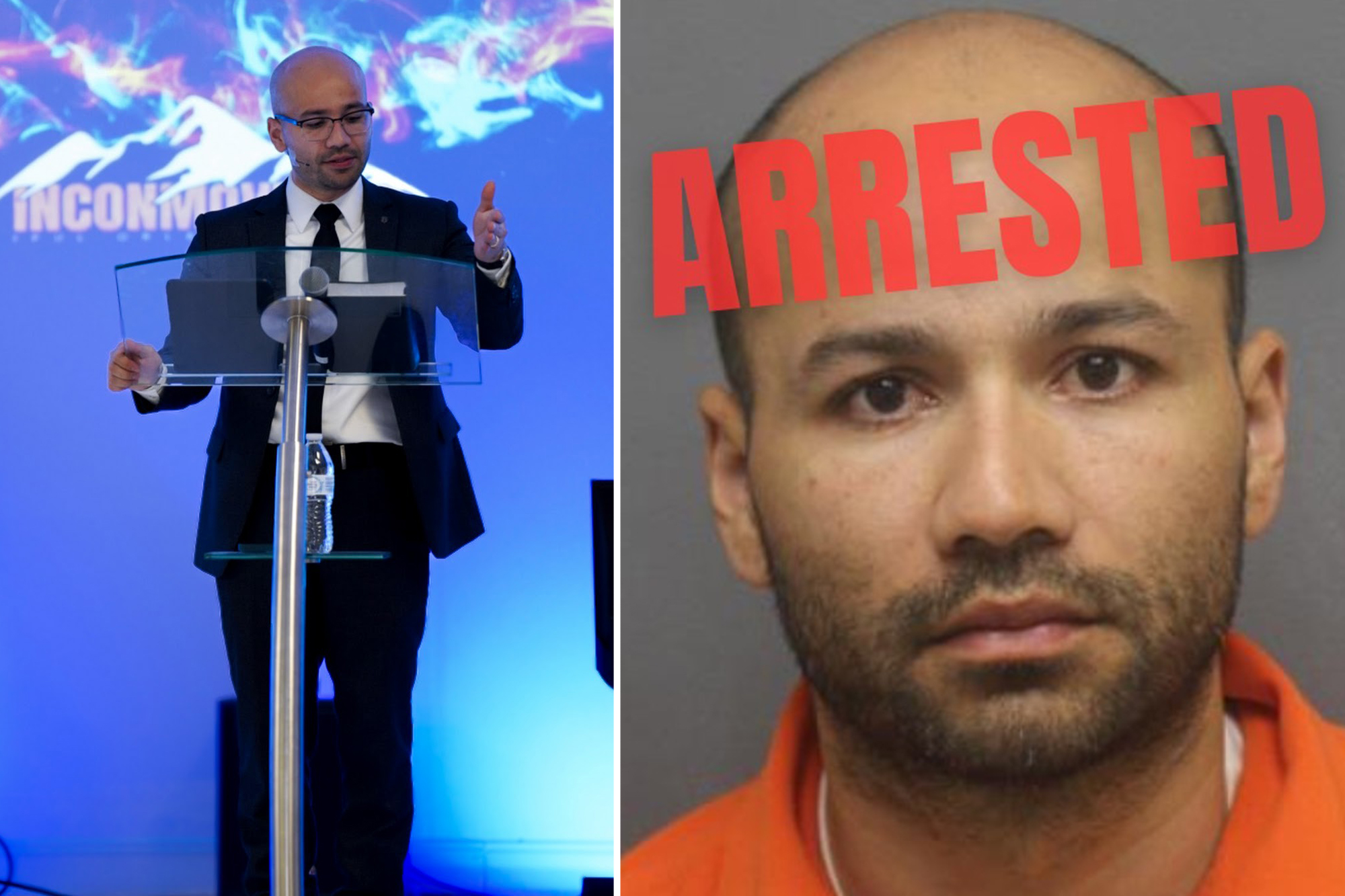Rob Schneider recently found himself at the center of a heated debate surrounding cancel culture after a controversial comedy set that left audiences divided. Despite facing backlash for his alleged "transphobic, misogynistic, and anti-vax" jokes, Schneider remains defiant, claiming that cancel culture is a thing of the past.


During a recent encounter with the media, the "Hot Chick" star expressed his optimism, confidently stating, "It's over," in reference to cancel culture. This bold declaration comes on the heels of a tumultuous performance at a hospital fundraiser in Canada, where Schneider's jokes fell flat with attendees.
Guests at the event were reportedly left cringing and uncomfortable, with some describing the atmosphere as tense and awkward. Tynan Allan, a guest at the fundraiser, recounted how the room fell silent at times, with Schneider's jokes failing to elicit the intended laughter.


The backlash didn't stop there. The hospital hosting the fundraiser issued a statement denouncing Schneider's performance, emphasizing that his views did not align with their values. While acknowledging the importance of free speech and edgy comedy, the hospital made it clear that Schneider's content was unacceptable and did not meet the audience's expectations.
Despite the controversy, Schneider remains unfazed and even hinted at potential collaborations with longtime friend Adam Sandler in upcoming sequel films. Fans may see Schneider reprising his role in beloved franchises like "Happy Gilmore" and "Grown Ups," sparking excitement among movie enthusiasts.
As the debate on cancel culture rages on, Schneider's experience serves as a poignant reminder of the fine line between comedy and offensiveness. While comedians often push boundaries and challenge societal norms, the repercussions of crossing the line can be swift and severe in today's digital age.
Ultimately, Schneider's journey through the cancel culture storm sheds light on the complexities of freedom of expression and the evolving landscape of comedy. As artists navigate these turbulent waters, the conversation around where to draw the line continues to evolve, shaping the future of entertainment and cultural discourse.


